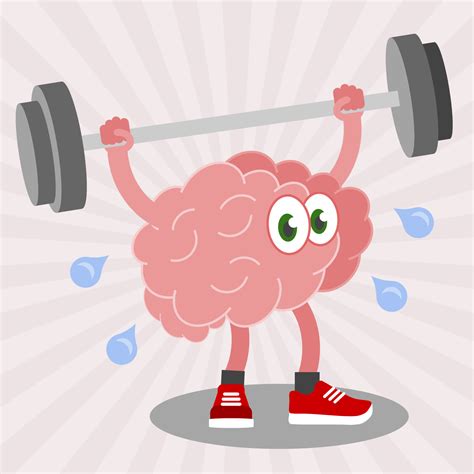In an era brimming with digital distractions and sedentary lifestyles, the importance of exercise can’t be overstated. Much has been said about cardiovascular workouts, but the spotlight is now on weightlifting as an ally for not only physical health but mental acuity. It might come as a surprise to some, but lifting weights, often bundled under the broader term of ‘resistance training’, can indeed strengthen your brain. Whether it’s through bodyweight exercises, resistance bands, free weights, or machines, resistance training should be part of your fitness repertoire. The benefits extend far beyond muscle and bone health—they reach right into your brain’s capacity to function better.
Resistance training isn’t limited to the stereotypical image of grunting men hoisting heavy barbells. As one insightful commenter pointed out, resistance training includes a spectrum of activities, such as bodyweight exercises—like squats and pushups—elastic bands used in Pilates, free weights like dumbbells and barbells, and the machines typically found in gyms. The idea is to ensure that everyone, regardless of their fitness level, can engage in some form of weightlifting to gain its cognitive benefits. According to scientific studies, weight training can help balance metabolism, reduce inflammation, and even lower the risk of Alzheimer’s, making it a crucial exercise for the elderly.
With a myriad of options catering to all fitness levels, avoiding the gym isn’t a dealbreaker. Many people, myself included, find the ‘hassle’ of going to the gym as an obstacle rather than an opportunity. You can get started with a few simple bodyweight exercises at home. For example, if lifting weights isn’t your cup of tea, bodyweight squats, air squats, pistol squats, and wall sits can be just as effective. These exercises are not only convenient but also target large muscle groups which are essential for overall strength. Want to step it up a notch? Invest in a kettlebell for goblet squats or fill up a backpack with some books for a DIY weighted squat. Such practices exemplify how simple adjustments can make a home workout both feasible and effective.
Interestingly, comments suggest that while big lifts like the deadlift and squat are kings for overall strength and muscle engagement, there’s a case to be made for practicality and safety, especially as you age. Many experts advise tempering the intensity with age to avoid cumulative injuries. Dr. Stuart McGill, a leading figure in spinal biomechanics, advises older adults to avoid chasing personal records (PRs) and instead focus on form and moderate weight. The goal is longevity—being able to participate in everyday activities and enjoy life without the burden of injuries. This sentiment is echoed in the advice shared by community members pointing out the importance of technique over weight, especially with exercises that can risk injury if done improperly.
Lastly, let’s not forget the mental health benefits intrinsic to weightlifting. Commenters highlighted that the discipline required for weightlifting can translate into other areas of life. The satisfaction of hitting progressive overloads—gradually increasing the weight or the number of repetitions—fosters a sense of achievement and self-efficacy. And it’s not just about lifting the heaviest weight possible; it’s about the consistency and the mindset of continual improvement. This aspect of ‘progress for the sake of progress’ can be incredibly uplifting (no pun intended), promoting mental sharpness, combating depression and anxiety, and improving sleep – which in itself is fundamental for brain health. Overall, whether you’re lifting dumbbells, engaging in bodyweight exercises, or utilizing resistance bands, weightlifting is an accessible and highly beneficial exercise that contributes significantly to both physical and mental health.


Leave a Reply